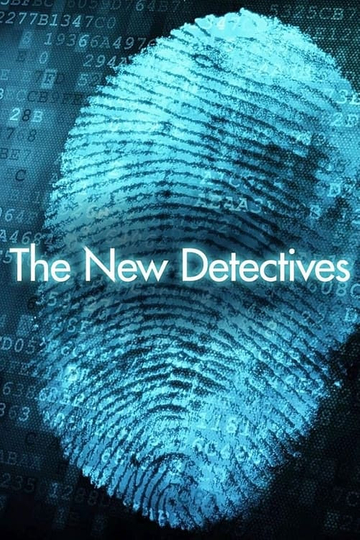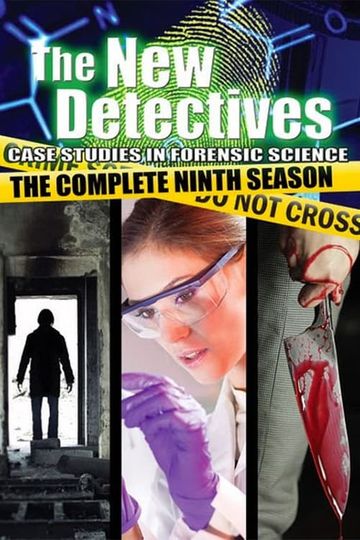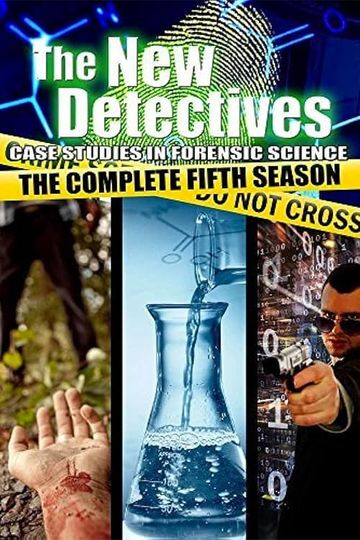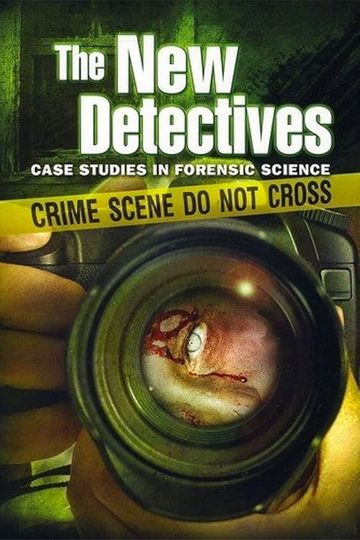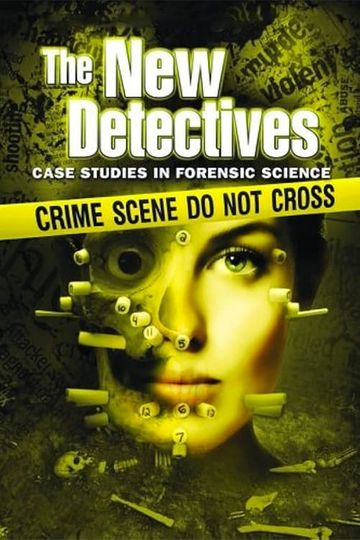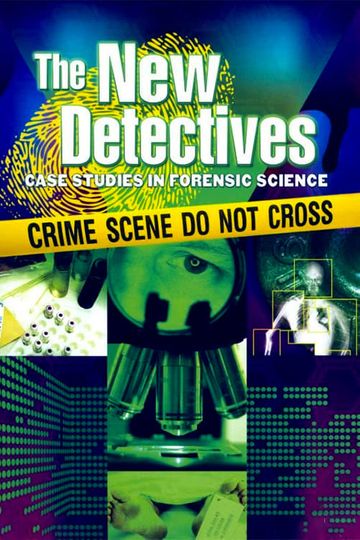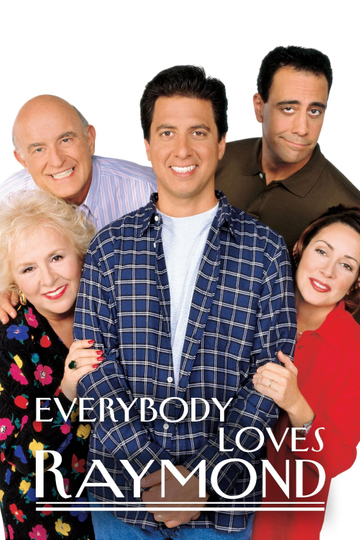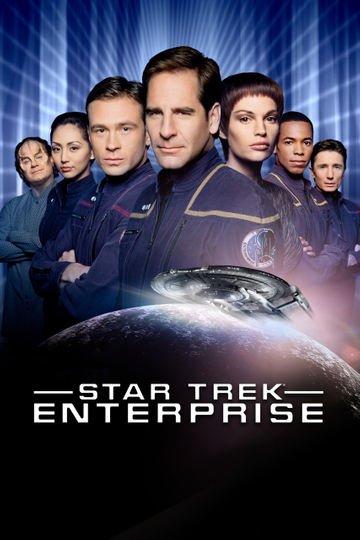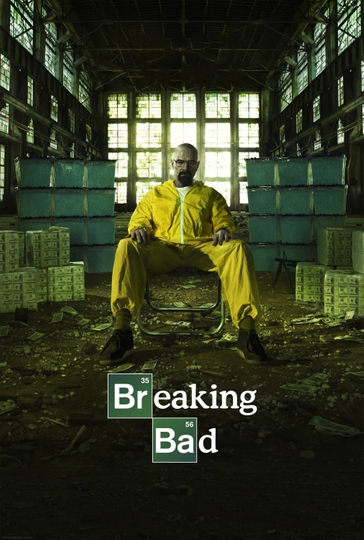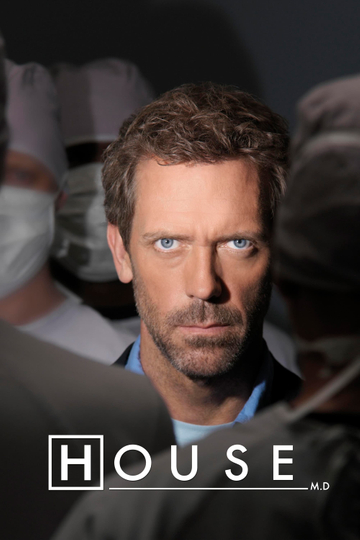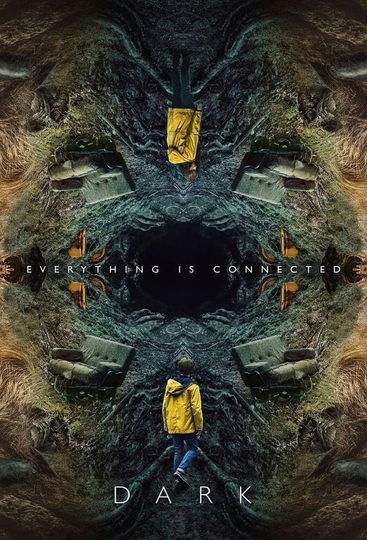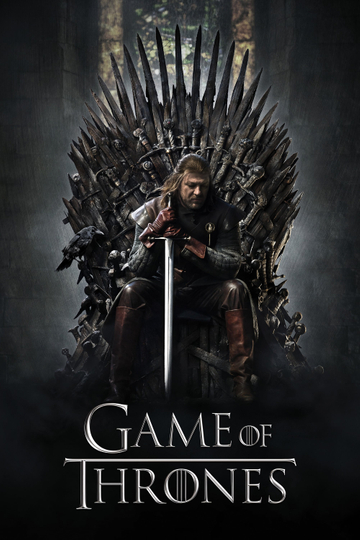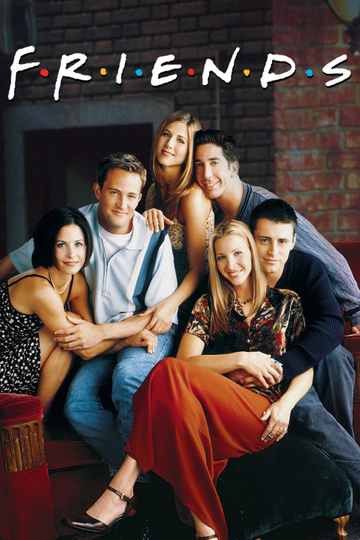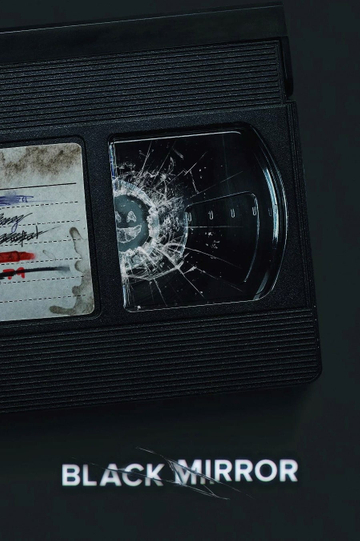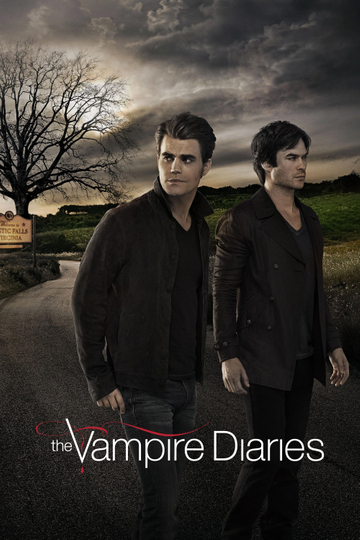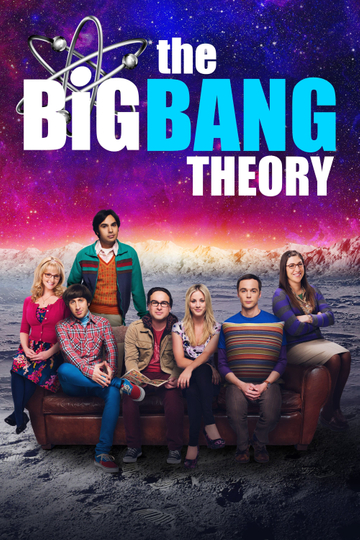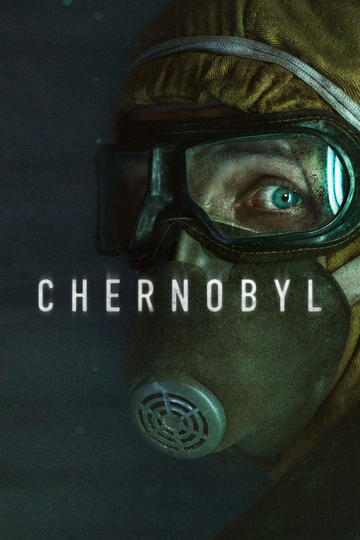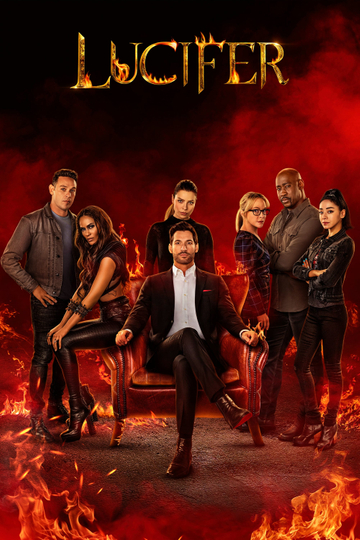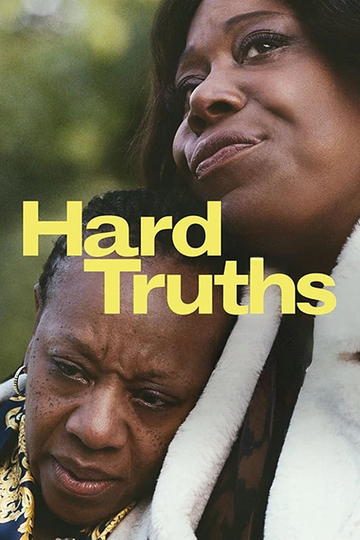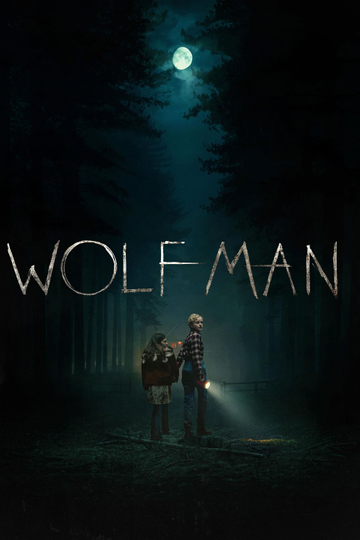Season 2 Episodes
1. Mind Hunters
Journey into the dark recesses and calculated madness present only in our worst nightmares; and in the minds of serial killers, such as Richard Chase - The Vampire Killer of Sacramento, Mike DeBardeleben - The Mall Passer, and John Wayne Gacy - The Killer Clown, to name just a few. Renowned FBI profiler Robert Ressler can reveal unseen clues about a killer simply by learning details about the crime. Investigative profiling discloses a killer's hidden motives.
2. Camera Clues
Forensic photographers are amongst the first people at a crime scene, capturing vital clues on film. What do the cameras capture that can't be seen first-hand and who are the men and women who analyse these camera clues?
3. Double Helix
With DNA analysis just a few microscopic cells found at a crime scene can be used to convict a killer. Forensic scientists can analyze droplets of blood, hair fiber, or a piece of chewed gum to determine the identity of a victim or killer -- or to prove innocence.
4. Web of Clues
Forensic Entomology: Bug have been around for millions of years. Their habits surrounding death can tell these experts when the victim died.
5. Faces of Tragedy
Forensic Sculpting: These experts can take nothing more than their knowledge, clay, and a skull and bring the victim to life. Once nameless victims can now have a name.
6. Without a Trace
Missing Person: In America nearly 1.8 million people are reported missing each year, factor in the world and that number triples. Using computer databases and other means victims are found, laid to rest…or never seen again.
7. Burning Evidence
Identifying Burned Remains: Murder is hard to prove with no body, when the victim has been burned it is even more difficult. Fire does more than destroy evidence . . . it can keep the secrets you don’t want anyone to know.
8. Short Fuse
Explosives Investigations: A woman opens a box which explodes killing her. Soon to follow are five other bombs just as deadly as the first. This soon turns into a massive investigation leaving the experts to sift though the evidence.
9. Death Grip
Fingerprinting: The backbone to forensic science, the fingerprint is a very effective way to identify victims and criminals. Not only are fingerprints used but also palm prints and foot prints. Data entered into massive databases make identifying people easy…when there is a hit.
10. Signed in Blood
Handwriting Analysis: Every pass of the pencil leaves a little of ourselves behind. Taking the time to evaluate documents can tell the difference between suicide and murder.
11. Witness to Terror
Black Boxes: A plane plunges toward the ground and upon impact little remains. The only possible survivor is the flight data recorder. This little black box could hold the answers to the last terrifying minutes.
12. Trial of the Century
Forensics in the O.J. Simpson Murder Trial: The verdict is in Not Guilty of murder. O.J. Simpson emerges a free man. What was the evidence and could it be trusted? These experts break down the evidence could and could not tell us.
13. Deadly Target
Ballistics: A body with a gunshot wound to the head, the gun is next to the body. Was it suicide or murder? Every part of the gun can be analyzed for the correct answer.










